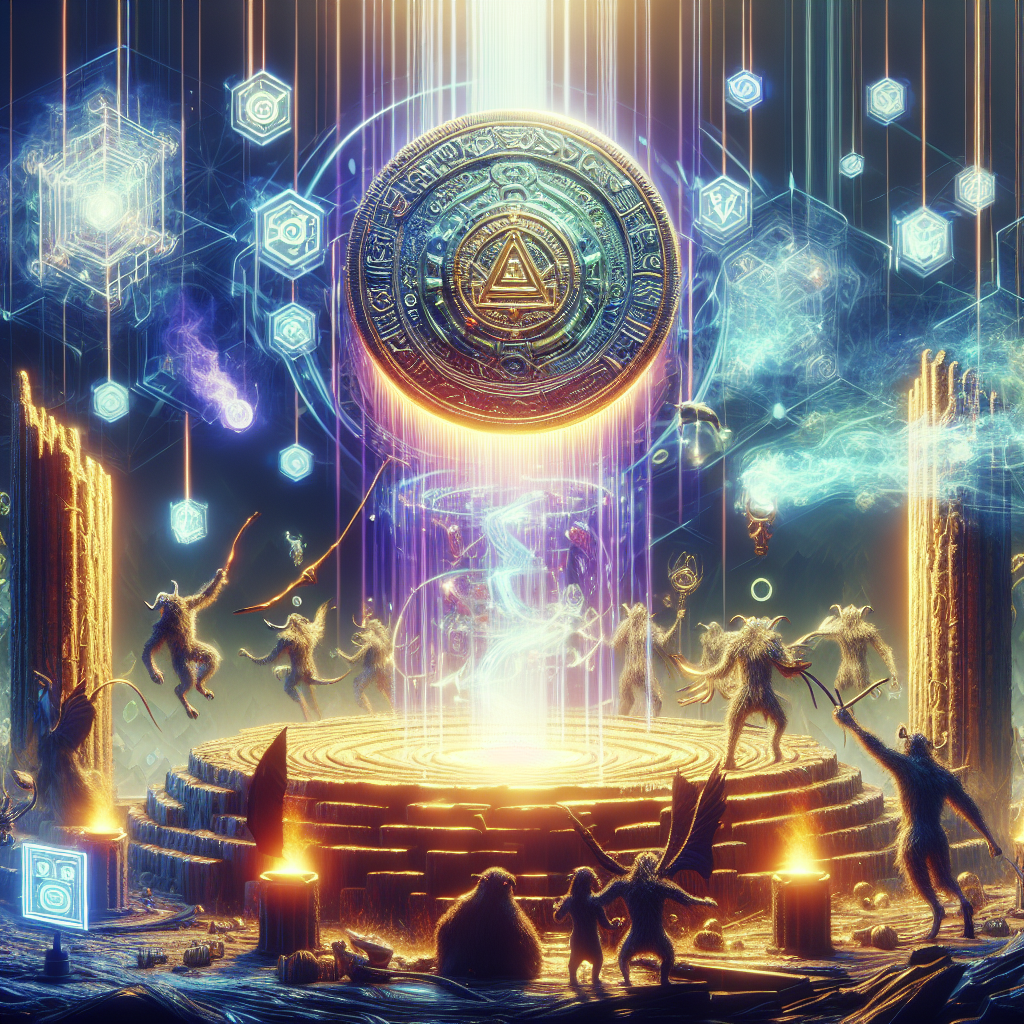In-Game Currencies and Take-Two Interactive’s Legal Stance
In the evolving landscape of digital gaming, in-game currencies have become a staple, allowing players to purchase various virtual goods and enhancements. However, the ownership and permanence of these digital assets have come under legal scrutiny. Take-Two Interactive, a prominent game publisher, has taken a definitive stance in a recent legal battle, asserting that in-game currencies are not actual property owned by players but rather “fictions” created by game makers. This position emerged amidst a lawsuit challenging the company’s practices regarding the virtual currency in its NBA 2K game series.
Details of the Lawsuit
The lawsuit filed against Take-Two Interactive alleges “civil theft” and unfair business practices in connection with the company’s NBA 2K series. The crux of the legal challenge is the claim that Take-Two Interactive sells in-game currency, which players use real money to purchase, but does not allow for refunds or transfers of this currency when older versions of the game are retired. This results in players losing access to the unused virtual currency and the real-world value associated with it.
Players can use the virtual currency within the NBA 2K series to acquire a variety of in-game items, including:
- Cosmetics: Outfits and accessories to customize player avatars.
- Performance Boosters: Enhancements that improve a player’s in-game abilities.
- Other features that are otherwise inaccessible without the use of this virtual currency.
The lawsuit further contends that gamers are not adequately warned that the in-game currency they purchase can be rendered worthless at the discretion of Take-Two Interactive. The only recourse for players wishing to continue using the game’s pay-to-play features is to invest additional funds into an active version of the game.
Take-Two’s Defense
In response to the lawsuit, Take-Two Interactive has presented a robust defense, arguing that virtual currency within their games does not constitute real property. The company’s legal team has emphasized that in-game currencies are a part of the gaming experience, governed by the terms of service and user agreements that players accept. They assert that these virtual assets are entirely under the control of the game publisher and, as such, are not owned by the players who purchase them.
| Plaintiff’s Claims | Take-Two’s Counterarguments |
|---|---|
| Virtual currency is purchased with real money and should be considered the player’s property. | Virtual currency is a fictional creation within the game and is not owned by the player. |
| Players are entitled to refunds or transfers for unused virtual currency when games are retired. | Virtual currency is subject to the game’s terms of service, which do not guarantee refunds or transfers. |
| Take-Two Interactive’s practices constitute “civil theft” and unfair business practices. | Take-Two is making lawful business decisions within the rights of their operational control. |
Take-Two also parallels the defense used in loot box litigation, stating that there is no “economic injury” to the plaintiff because they received the in-game currency they paid for, which they were free to use within the game. This argument suggests that the transaction fulfilled its purpose, providing the player with the virtual goods or services they purchased.
Cryptocurrency Comparison
Take-Two Interactive’s defense inadvertently draws a comparison to cryptocurrency, a form of virtual money that, unlike in-game currencies, exists independently of any single game’s ecosystem and is owned by the purchaser. Cryptocurrencies operate on a decentralized network and can, in theory, be used across various platforms and services, not confined to the boundaries of a particular game.
This distinction highlights a potential avenue for gamers who might advocate for the use of cryptocurrency within the gaming industry. The ownership and transferability of cryptocurrency could address some of the concerns raised in the lawsuit, such as the loss of value when a game is retired or the inability to transfer currency between games.
While cryptocurrency offers functional independence, it is not without its challenges. The volatile nature of its value, environmental concerns due to energy consumption in mining, and association with illicit activities are significant hurdles. Nevertheless, the concept of a universally accepted virtual currency in gaming is an intriguing prospect that could reshape the future of in-game economies.
Conclusion
The outcome of the lawsuit against Take-Two Interactive could set a significant precedent for the gaming industry, particularly in how virtual currencies are treated legally. If the court sides with the plaintiff, it could lead to a reevaluation of the terms of service and user agreements that govern in-game purchases. Conversely, a dismissal in favor of Take-Two may reinforce the status quo, where game publishers retain full control over the virtual assets within their games.
The broader implications for virtual currencies in games are substantial. The case brings to light the evolving nature of digital ownership and the need for clear policies that protect consumers while allowing for innovation in the gaming industry. As the digital economy continues to grow, the legal recognition of virtual goods and currencies will become an increasingly important issue for gamers, developers, and legislators alike.

